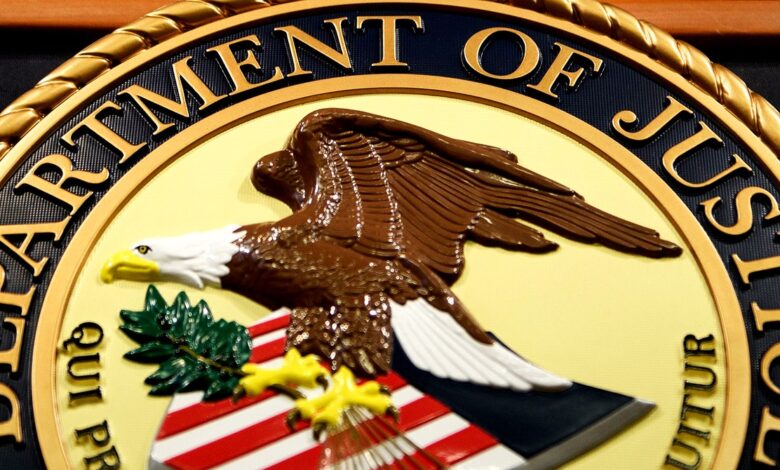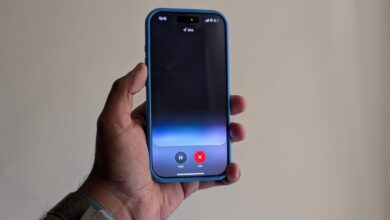TikTok sued by US Justice Department for allegedly violating children’s privacy

In March 2019, TikTok agreed a US federal court order bans the social media giant from collecting personal information from its youngest users without their parents’ consent, according to a new lawsuit filed by U.S. authorities. TikTok immediately violated that order and now faces a fine of $51,744 per violation per day.
TikTok “knowingly allowed children under the age of 13 to create accounts within the normal TikTok experience and collected extensive personal information from those children without first notifying parents or obtaining verifiable parental consent,” the U.S. Department of Justice alleges on behalf of the Federal Trade Commission. in a complaint filed Friday in federal court in California.
TikTok spokesman Michael Hughes said the company “strongly disagrees” with the allegations. He reiterated a statement the company made in June, when the FTC voted to sue, that many of the issues raised involved “factually inaccurate practices or have been resolved.” Hughes added that TikTok “is proud of our efforts to protect children, and we will continue to update and improve the platform.”
Lawsuits alleging violations of children’s privacy are almost a rite of passage for social platforms these days, with companies like Google, MicrosoftAnd Epic Games together paid hundreds of millions of dollars in fines.
But the lawsuit against TikTok is also part of the U.S. government’s escalating battle with the service, whose ownership by China-based ByteDance has raised national security concerns. Some U.S. officials and lawmakers have said they are concerned about China using TikTok to spread propaganda and collect data on vulnerable Americans. TikTok has dismissed those concerns as unfounded fearmongering and Fighting a law requiring new ownership to be found.
The complaint filed Friday alleges that as of 2020, TikTok would not allow users to sign up on their own if they entered a birth date that indicated they were under 13. But it allowed those users to go back, edit their birth date, and sign up without parental permission.
TikTok also won’t remove accounts believed to belong to children unless users explicitly acknowledge their age on their accounts, according to the lawsuit. TikTok’s hired content moderators allegedly spend an average of just five to seven seconds reviewing accounts that violate age limits. “Defendants actively avoid removing accounts of users they know to be children,” the lawsuit states. Additionally, millions of accounts flagged as potentially belonging to children were allegedly never removed because of errors in TikTok’s internal tools.
The lawsuit acknowledges that TikTok has improved some of its policies and procedures over the years but still holds and uses children’s personal information that it was not supposed to have in the first place.
Authorities also took issue with TikTok’s Kids Mode. The lawsuit alleges that TikTok collected and shared information about children’s use of the service and built profiles of them while misleading parents about the data collection. When parents tried to delete their children’s data, TikTok forced them to jump through unnecessary hoops, the lawsuit further alleges.
According to the government, TikTok should have known better because of a 2019 court order that stemmed from TikTok’s predecessor—a service called Musical.ly—allegedly violating a number of rules meant to protect children’s privacy. Those rules largely stem from the Children’s Online Privacy Protection Act, a law dating back to the dotcom era of the late 1990s that was intended to create a safer environment for children on the web.
Lawmakers in the United States this year considered a major update in the form of the Children’s Online Safety Act, or KOSA. The proposed measure, passed the Senate earlier this week, would require services like TikTok to better regulate children’s use. Opponents say this would unfairly cut off some young populations, such as transgender children, from important support networks. The fate of KOSA remains uncertain. But as the case against TikTok arguably shows, stricter rules may do little to stop companies from pursuing familiar tactics.




